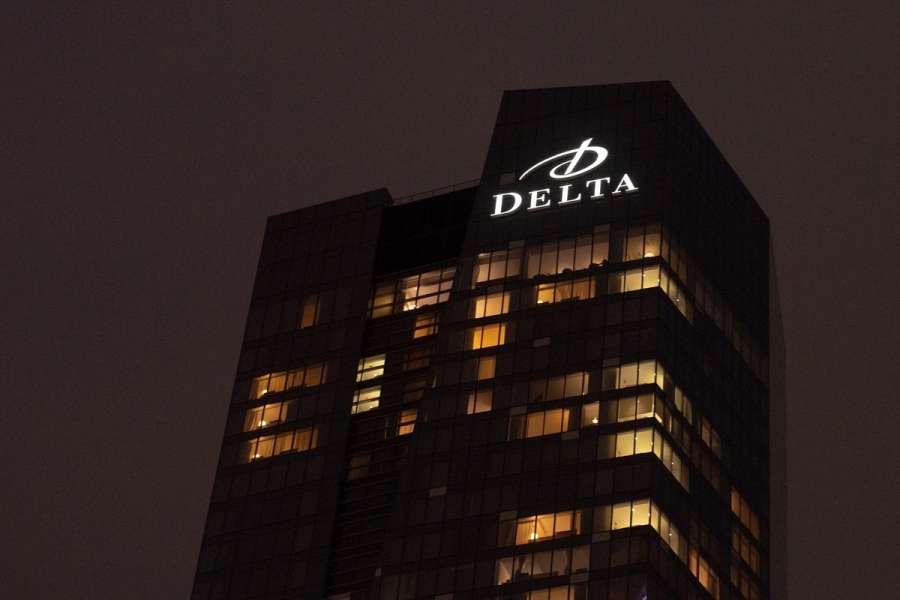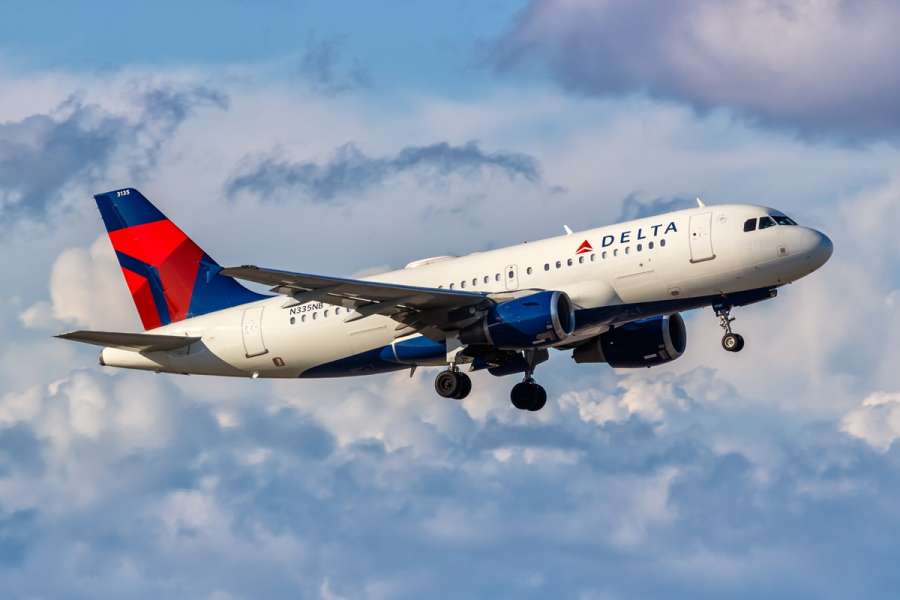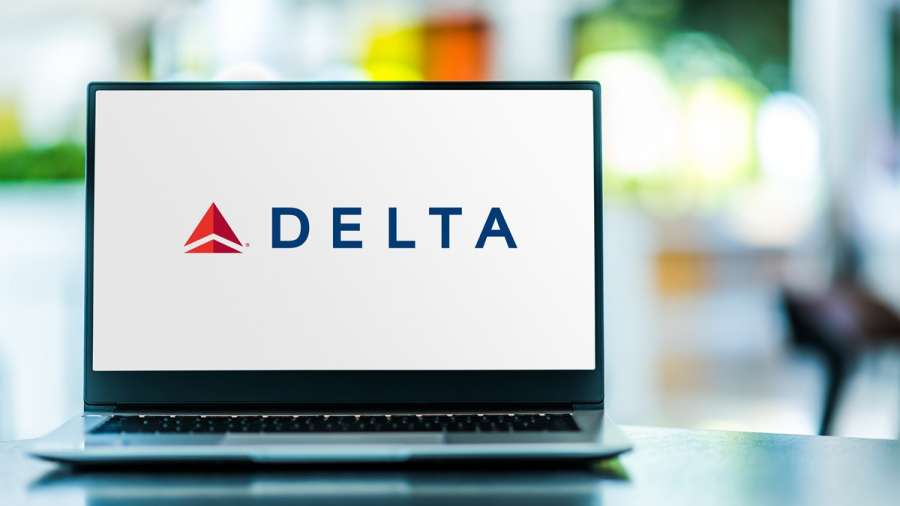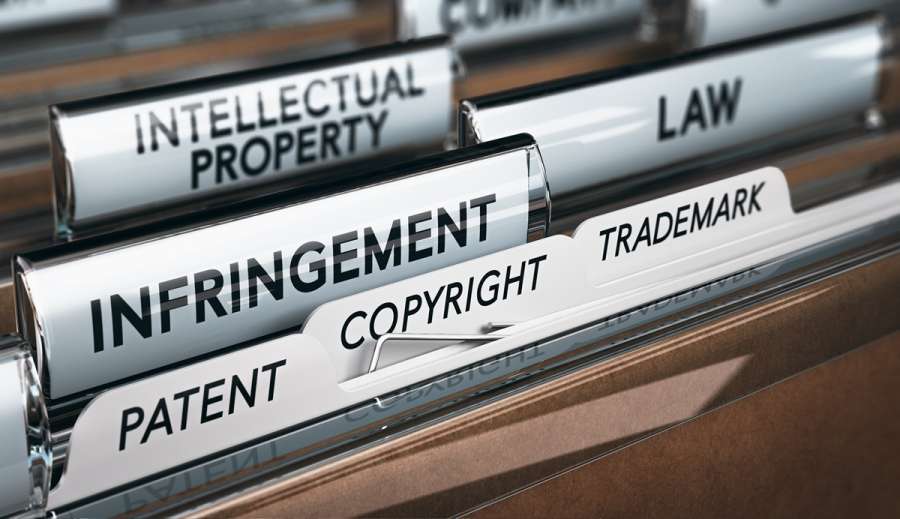Amid an ongoing intellectual property dispute between Delta Air Lines and Marriott International, the US airline company has commenced a new claim against Marriott asserting passing off with respect to Marriot’s use of the word ‘Delta’ in connection with its hotels.
The legal battle between the two companies began in 2020 where Delta Airlines opposed Marriott’s trademark application to register the mark ‘Delta Hotels by Marriott Residences’.
Prior to the application, Marriott acquired a Canadian business named ‘Delta Hotels and Resorts’ in 2015 and subsequent to that acquisition Marriott continued to use the name ‘Delta’ as the brand name for the hotels.




